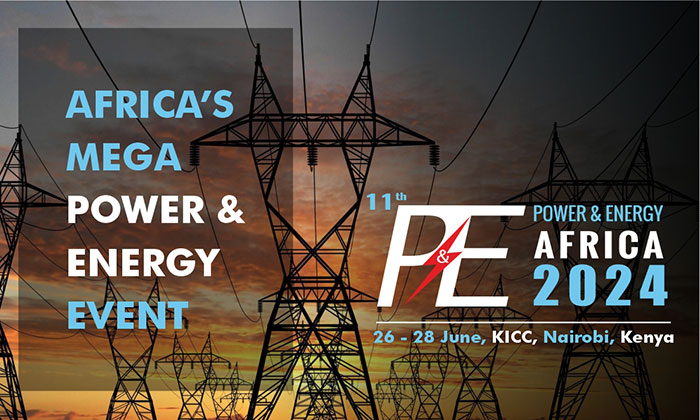

East Africa Taking Considerable Steps to Boost Energy Access - World Bank Report
Posted on :Saturday , 4th March 2017
East African countries are emerging among leaders on the continent when it comes to putting in place policies on access to energy, energy efficiency and investment in renewable sources.
According to a new World Bank report, Kenya, Tanzania and Uganda -- unlike many countries in sub-Saharan Africa -- are taking progressive measures which include: A dedicated budget for electrification, capital subsidies for utilities to provide distribution systems to rural areas and direct subsidies to support the payment of connection fees by consumers.
"As many as 40 per cent of sub-Saharan African countries have barely taken any of the policy measures needed to accelerate energy access," notes the Regulatory Indicators for Sustainable Energy (RISE) report.
In Kenya, for example, the national utility firm Kenya Power developed a subsidy targeting end-users in informal settlements and low-income areas for connection to the national grid at a cost of $15 each.
Ethiopia, Nigeria and Sudan are ranked as three of the most populous energy deficit countries, with a total unserved population of 116 million people.
Worse still, the report shows that as many as 70 per cent of Africa's least electrified nations with access rates below 20 per cent of the population have barely begun to establish an enabling environment for energy access.
"The bulk of sub-Saharan Africa countries with the lowest electrification rate under 20 per cent are in the red zone on energy access, indicating that they have barely begun to grapple with this serious development issue," notes the report.
It adds that the battle to reach universal electricity access will be lost or won in sub-Saharan Africa, where on average, countries score only 35 out of 100 on the policy environment for energy access. It notes that Africa trailed Asia on all of the scorecard's energy access indicators -- energy access, energy efficiency and renewable energy. India and Bangladesh have emerged as leaders in grid and off-grid solutions, the report notes.
RISE is the first global policy scorecard that graded 111 countries in the three areas. The report is aimed at helping governments assess if they have a policy and regulatory framework in place to drive progress on sustainable energy.
The report shows that although Kenya, Tanzania and Uganda are miles away from attaining universal access, the countries have the right policy frameworks.
"Kenya, Tanzania and Uganda are leading efforts to create an attractive enabling environment for energy access, energy efficiency and renewable energy," states the report.
In East Africa, Kenya leads with about 60 per cent access followed by Tanzania at 36 per cent and Uganda at 27 per cent.
The three countries are investing heavily in electricity generation, transportation and distribution facilities to increase access particularly in rural areas where the majority of the population lives.
In sub-Saharan Africa, South Africa is ranked as a "renewable energy leader" and cited for its long-term policy approach, which has seen electrification rates rise from 34 per cent in 1994 to 76 per cent in 2014.
According to the report, the world needs $1 trillion in annual investments by 2030 to accelerate efforts to reach the 1.1 billion people across the globe who still live without electricity and another three billion without access to clean cooking.
The World Bank hopes that local authorities will use findings from the report to compare their policies with regional and global peers in efforts to meet the development goals on access to energy.
Please Select an Option
-
Exhibiting
-
Visiting
-
Information

Expogroup
Expogroup is a full service exhibition organiser with over 28 years experience in International trade exhibitions. Our current portfolio includes 28 annual exhibitions from a diverse range of industries being held across the Middle East & Africa.
EXPOGROUP © 2024 | Privacy policy
